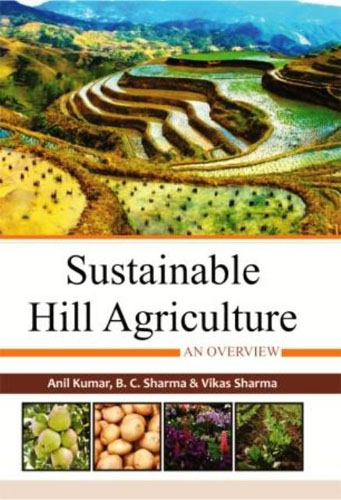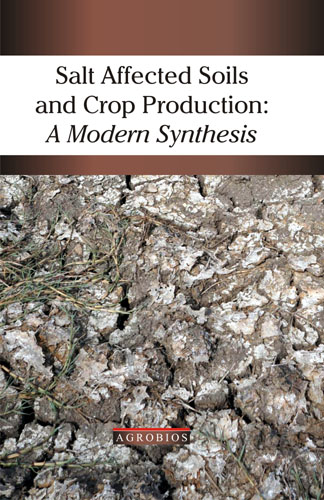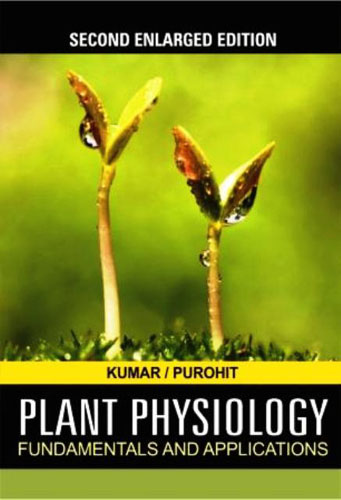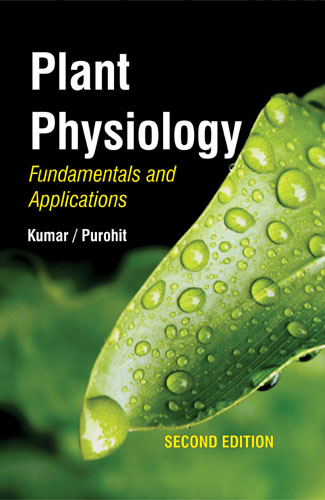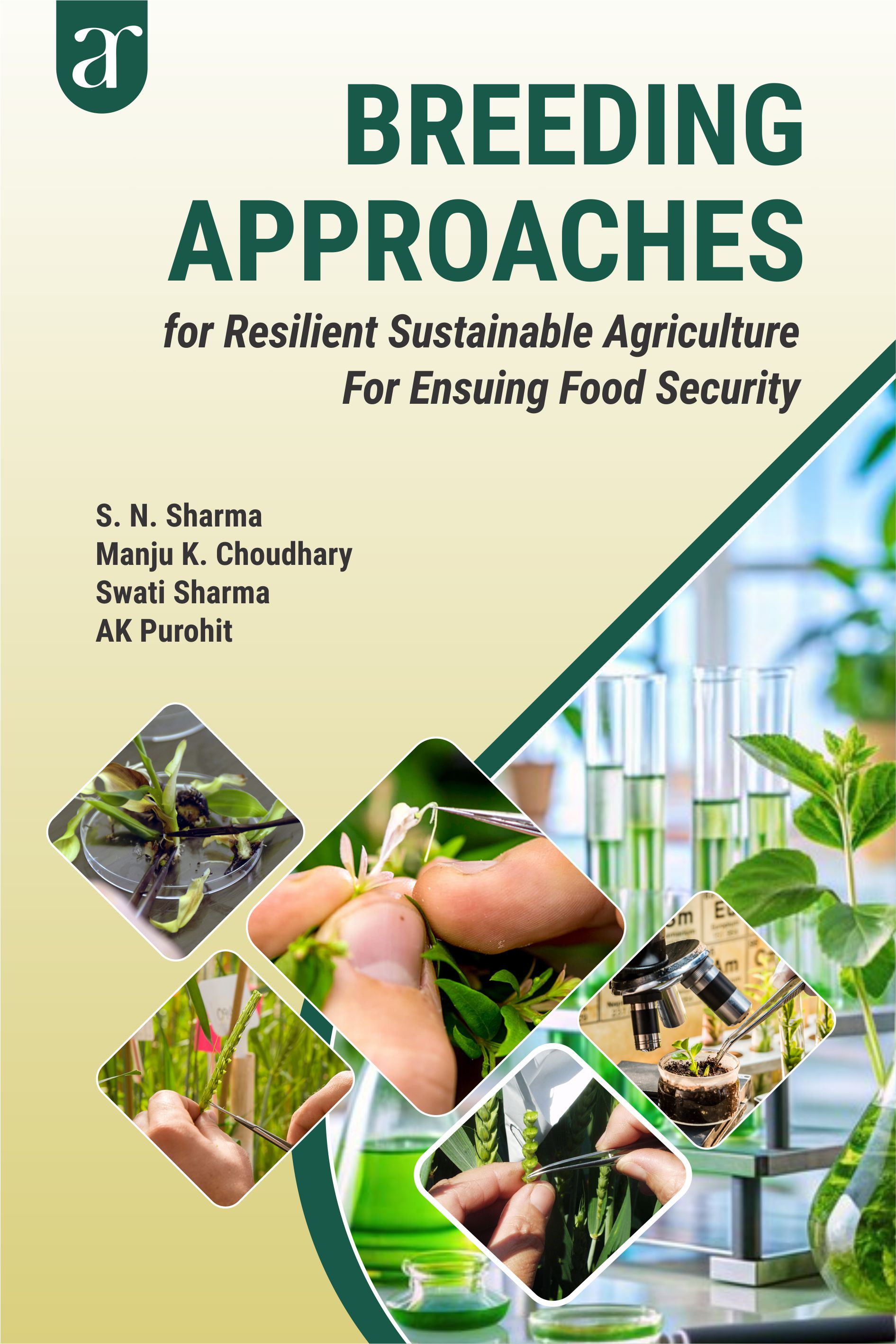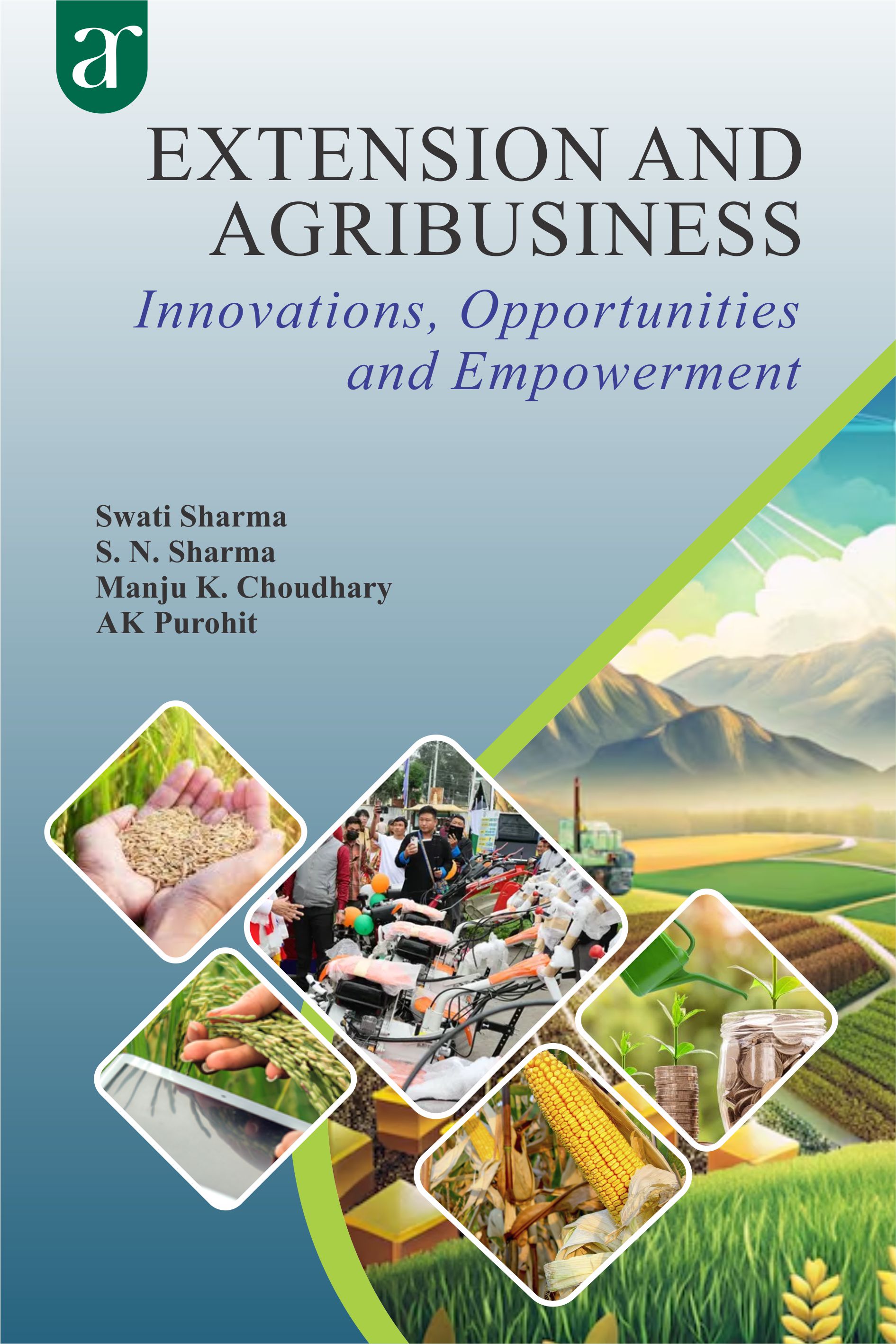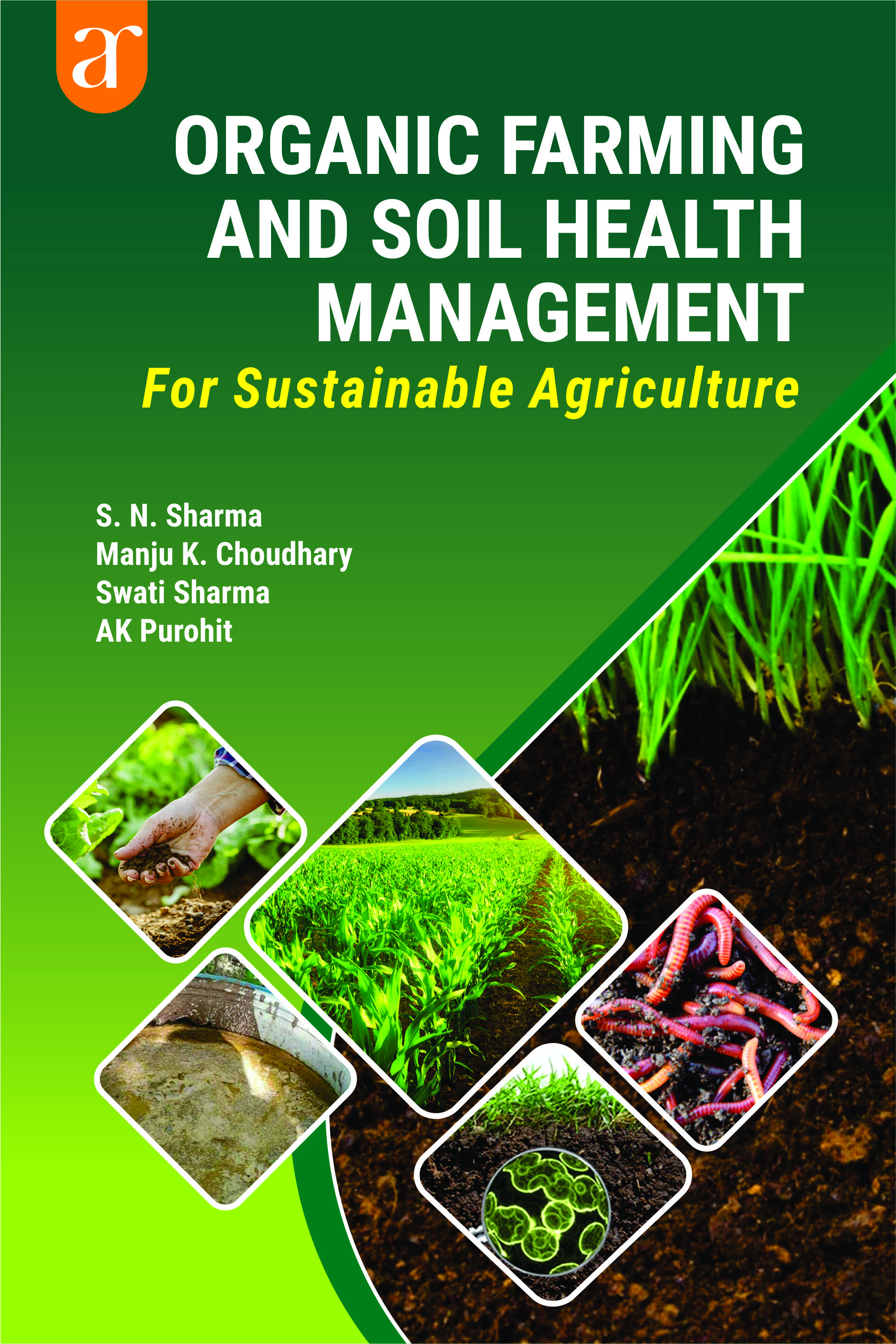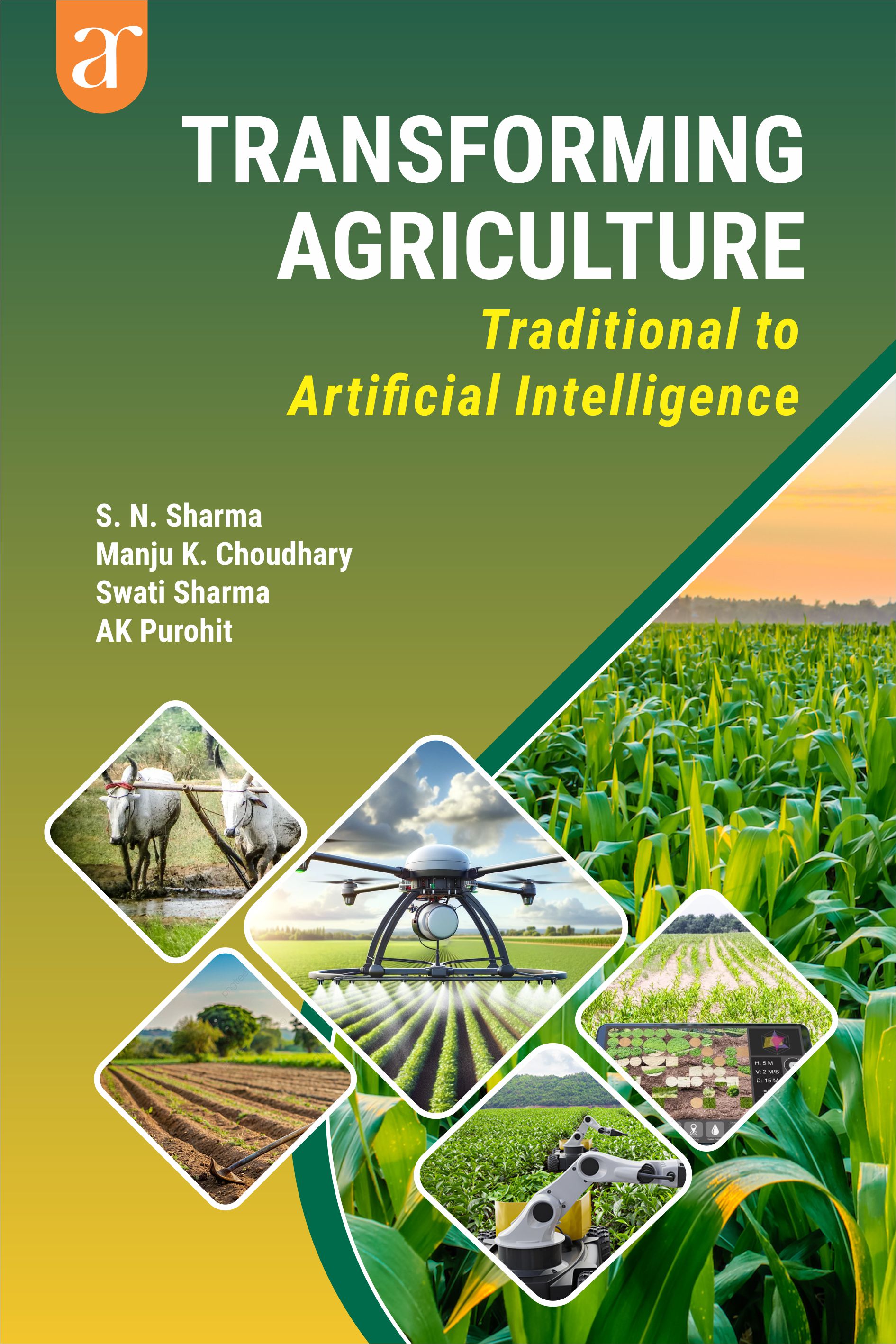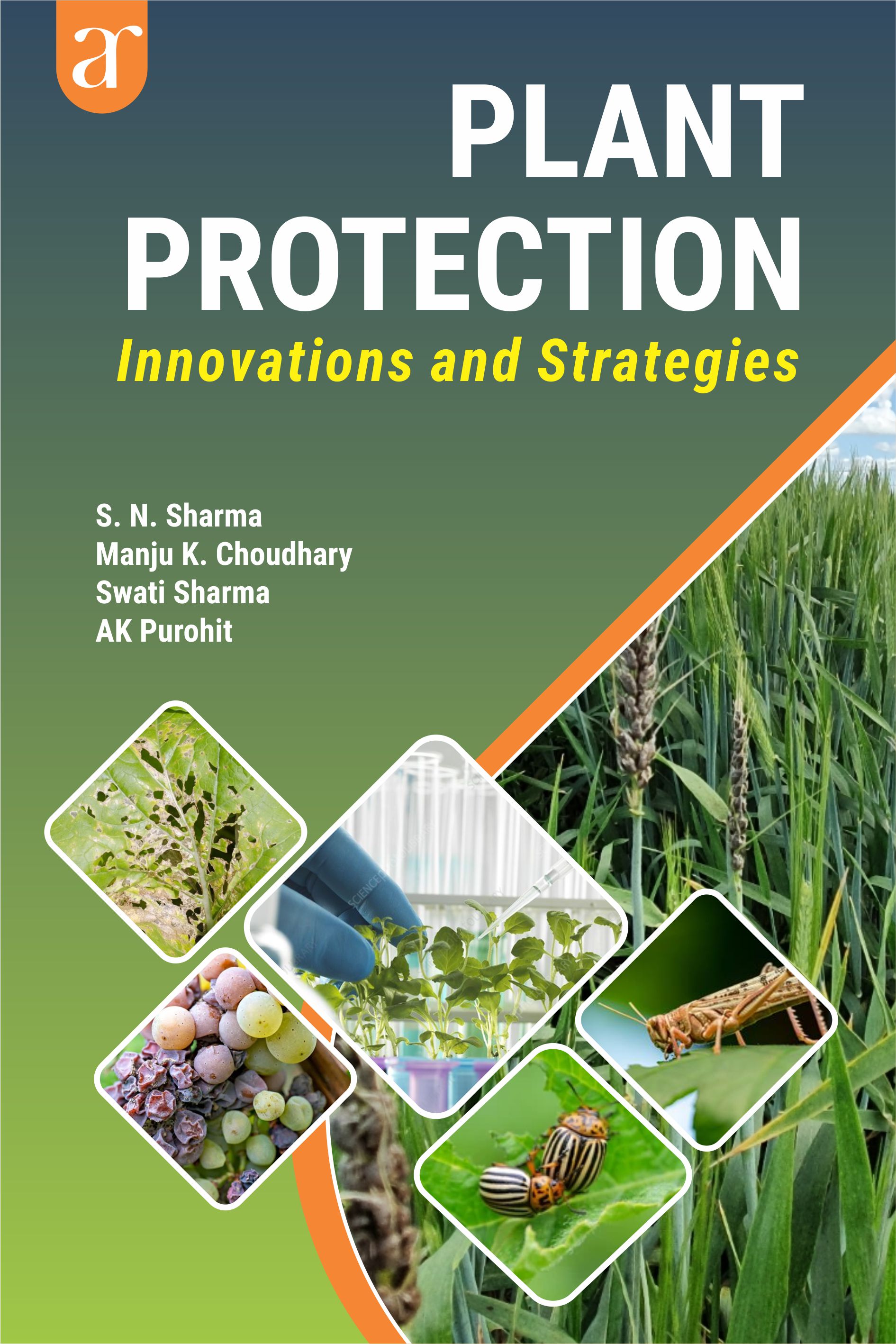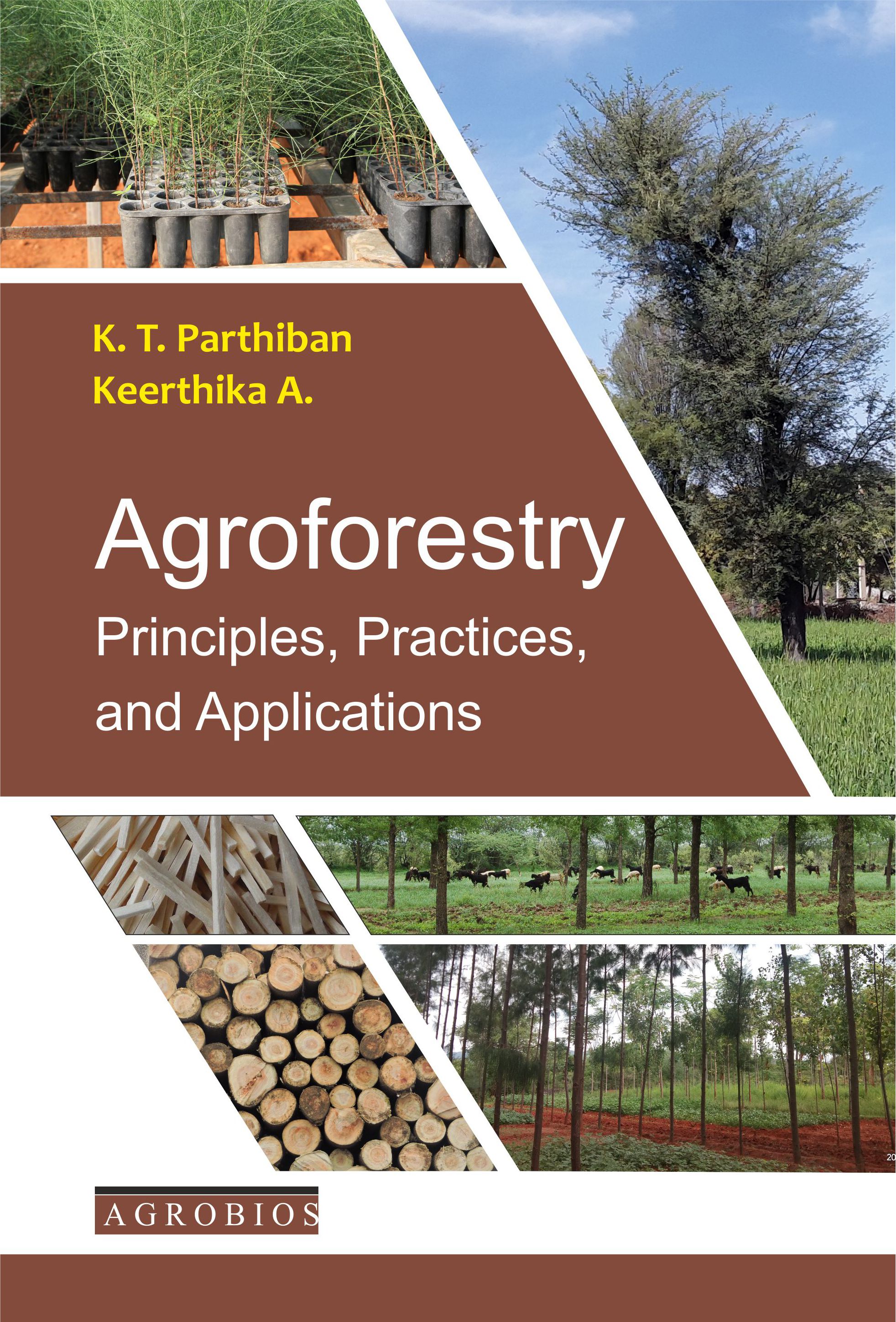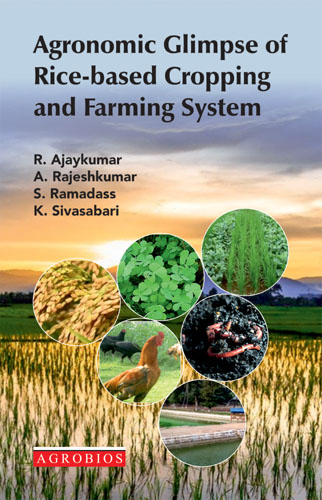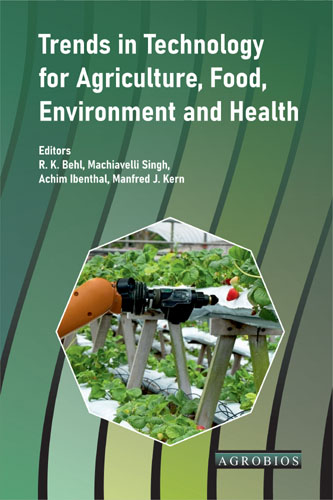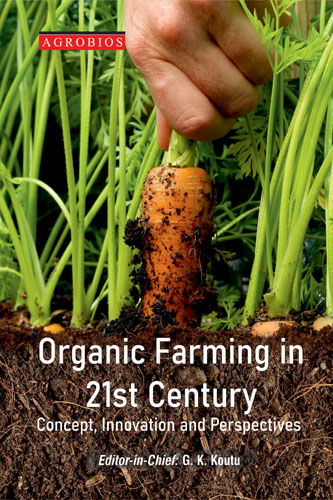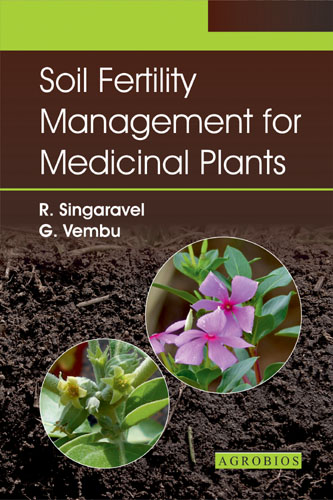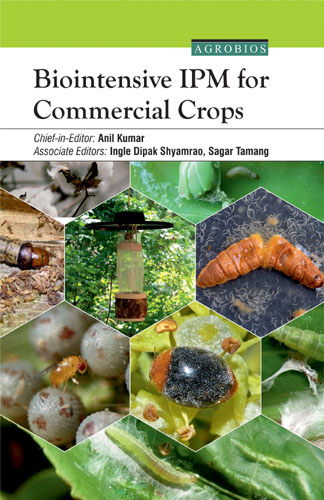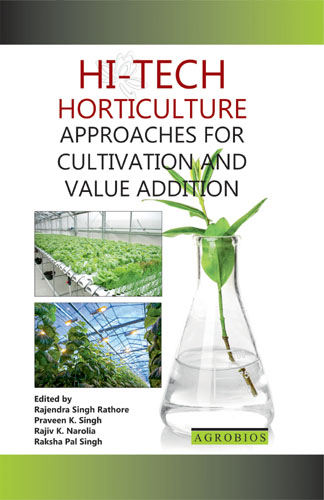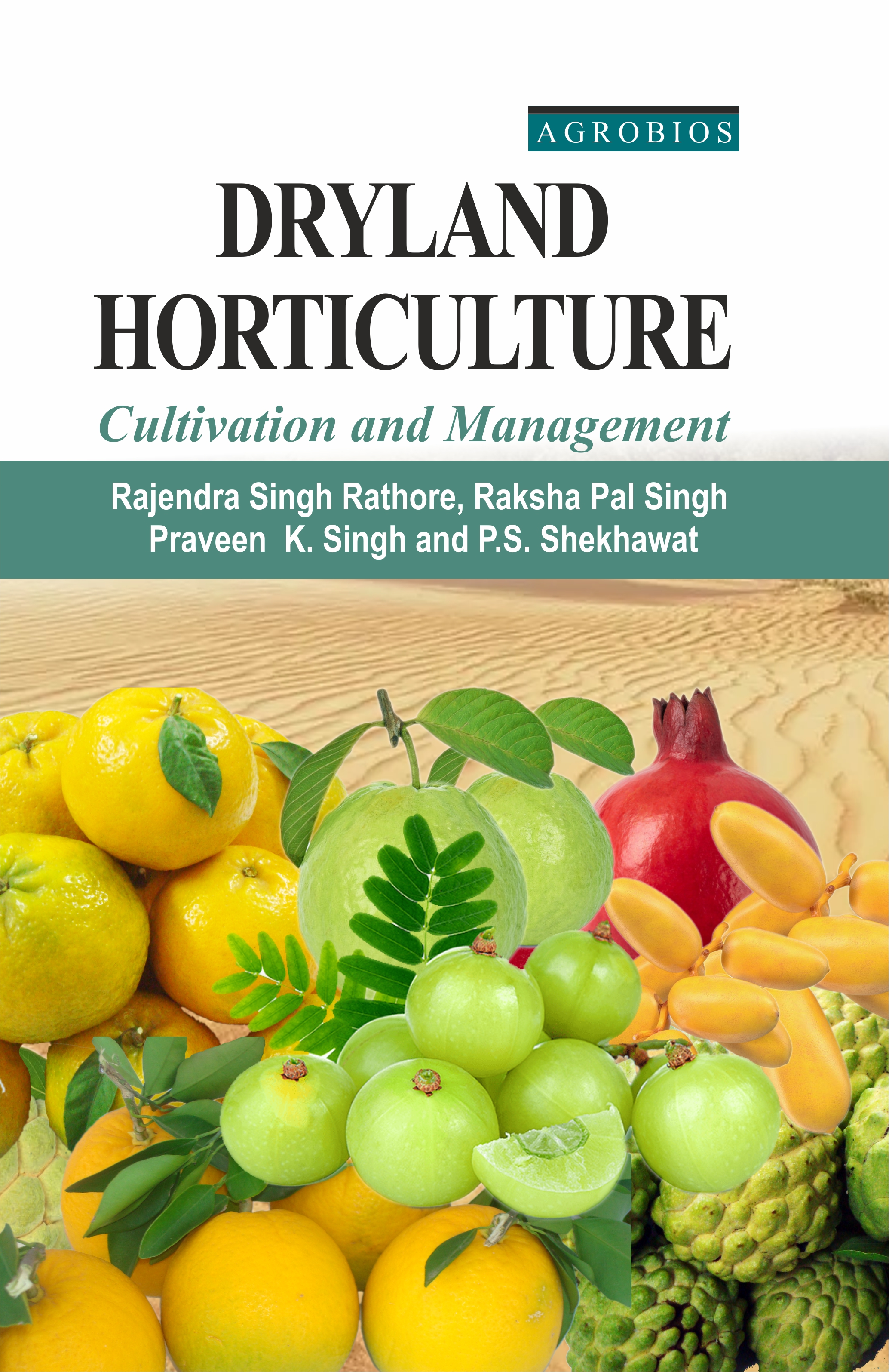Sustainable Hill Agriculture: An Overview
Agriculture
is the predominant livelihood activity in hills. In India this region is spread
over an area of 53.8 million ha, which is inhabited by 33.7 million people of
whom more than 90% live in rural setup. Agriculture is much more important for
hills economy as scope for industrialization is limited due to topographical
constraints and environmental concerns. There are vast forests, pastures, grazing
lands, miscellaneous groves and trees, much higher rainfall, moderate
temperature and intensive natural vegetation which add lot of organic matter
every year to soils. Naturally the fertility of soils in hills is comparatively
high as compared to plain areas. Hills also have a comparatively advantage or
�niche� over plains for production of the off-season vegetables; hi-value
vegetable seeds sub- temperate and temperate fruits like apple, almond, kiwi
etc. , medicinal plants and other high value cash crops. However sustaining
productivity in the hills is a major challenge. Sustainability is the ability
of a system and its sub systems to maintain a certain well defined level of
performance or output over time. Sustainable agriculture development thus
implies the management of resources including land, labour, capital, technology
and water. The hills have limited cultivated land across the Indian Himalayas. Their
economy is largely dependent upon agricultural crops, horticulture and
livestock rearing. Farming in hills assumes greater significance in comparison
to lowlands for reasons of fragility of environment. Agriculture is an
important of all farming systems in the hills.
Dr. (Prof.) Purohit AK
 555
555
Table of Contents..
Section I: OVERVIEW
- Hill Agriculture: Status and Strategies in Indian Himalayas
SECTION II: NATURAL RESOURCES MANAGEMENT
- Rain Water Harvesting for Sustainable Montane Agro-Ecosystems
- Harvested Water Based Farming System for Production Sustenance in Drylands
- Degradation of Catchments in Lower Shiwaliks of Jammu and Kashmir
- Management of Problematic Soils of North-West Himalayas for Sustainable Hill Agriculture
- Soil Erosion and Conservation in Lower Shiwaliks of Punjab
- Natural Resource Conservation Technologies for Sustainable Crop Production
- Agroforestry for the Hills
- Agroforestry: A Potential Land Use in Conservation of Natural Resources and Sustainability of Farming Systems
SECTION III: AGRONOMICAL INTERVENTIONS
- Potential of Integrated Nutrient Supply and Soil Health Improvement in Sustainable Cropping Systems of Indian Himalayas
- Agro-Technological Advances for Sustainable Crop Production in Cold Arid Region
- Integrated Weed Management in Hill Agriculture
- Integrated Pest Management in Food Security - An Overview
- Bio-Intensive Pest Management in High Altitude Crops
- Pest Management in Hill Agro-Ecosystem For Sustainable Production
- Seed Hardening Techniques for Rainfed Farming
SECTION IV: CROP IMPROVEMENT
- Conventional and Advanced Breeding Approaches for Maize Improvement Under North West Himalayas
- Promotion of Hybrid Rice Towards Food Security in Hilly Regions
- Prospects of Upland Rice Improvement for Sustainable Hill Agriculture
- Sustainable Upland Rice Cultivation in Hills –A Case Study in Himachal Pradesh
- Agro-Biodiversity Conservation in North Western Himalayas and Implications in Crop Improvement
- Cold Stress: Defense System Towards Physiological, Biochemical and Molecular Mechanism
SECTION V: HORTICULTURE
- Cultivation of Saffron (Crocus sativus L.): A High Value Low Volume Crop in Temperate Region of Jammu with Reference to Kishtwar – An Overview
- Prospects of Sustainable Horticulture in Hill Agriculture
- Improved Agronomy for Hill Orchards
- Vegetable Cultivation in Hills: Principles and Practices
- Vegetable Seed Production in Hills
SECTION VI: POST HARVEST
- Post Harvest Considerations for Temperate Crops
- Hill Agriculture and its Marketing: Problems and Prospects
Book Details
Book Title:
Sustainable Hill Agriculture: An Overview
Sustainable Hill Agriculture: An Overview
Book Type:
REFERENCE BOOK
REFERENCE BOOK
No Of Pages:
462
462
Color Pages :
0
0
Color Pages :
0
0
Book Size:
AMERICAN ROYAL (6X9)
AMERICAN ROYAL (6X9)
Weight:
900 Gms
900 Gms
Copyright Holder:
All Rights Reserved
All Rights Reserved
Imprint:
M/s AGROBIOS (INDIA)
M/s AGROBIOS (INDIA)
Readership:
PG STUDENTS | SCIENTISTS AND RESEARCHERS |
PG STUDENTS | SCIENTISTS AND RESEARCHERS |
Associated Subjects:
Agronomy , Horticulture , Soil Science , Sustainable Agriculture , Crop Ecology And Environment , Natural Resources Management , Post Harvest Management ,
Agronomy , Horticulture , Soil Science , Sustainable Agriculture , Crop Ecology And Environment , Natural Resources Management , Post Harvest Management ,



